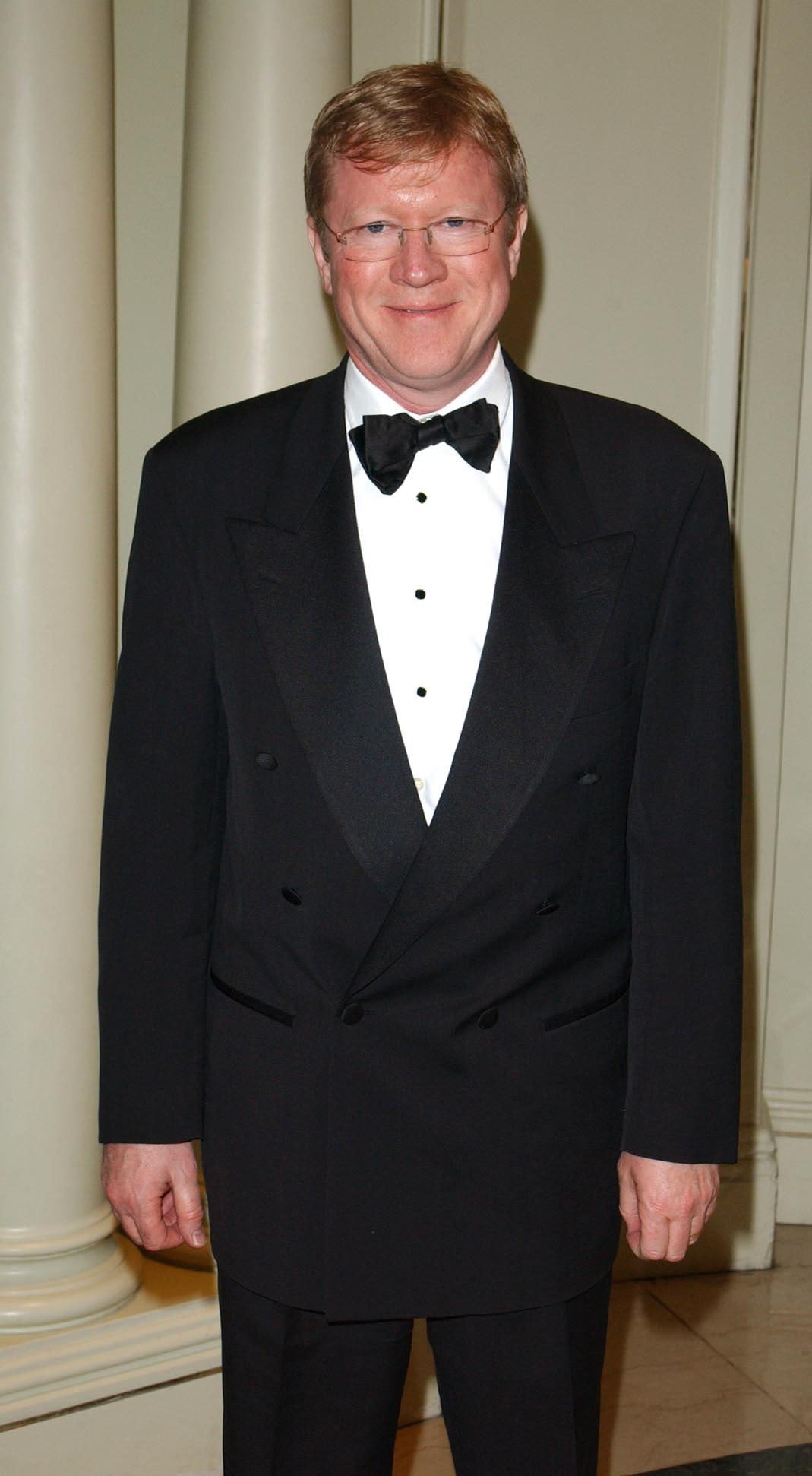Hallucinations are very much a part of my life – David Jensen
The DJ, nicknamed Kid, has been living with Parkinson’s disease for more than a decade.

Your support helps us to tell the story
From reproductive rights to climate change to Big Tech, The Independent is on the ground when the story is developing. Whether it's investigating the financials of Elon Musk's pro-Trump PAC or producing our latest documentary, 'The A Word', which shines a light on the American women fighting for reproductive rights, we know how important it is to parse out the facts from the messaging.
At such a critical moment in US history, we need reporters on the ground. Your donation allows us to keep sending journalists to speak to both sides of the story.
The Independent is trusted by Americans across the entire political spectrum. And unlike many other quality news outlets, we choose not to lock Americans out of our reporting and analysis with paywalls. We believe quality journalism should be available to everyone, paid for by those who can afford it.
Your support makes all the difference.Broadcaster David Jensen has described hallucinations caused by Parkinson’s disease as he urged people living with the condition to join him in a clinical trial.
The TV and radio presenter described seeing a pet dog “who doesn’t really exist” and “bumping into a strange figure on the stairs when I get up in the night”.
The Radio 1 stalwart and DJ, also known by his nickname “Kid”, has been living with the disease for more than a decade.
In a letter shared with the PA news agency, Jensen said the hallucinations “are very much a part of my life”.
Although hallucinations aren’t something that most people identify with the condition, around three quarters of people with Parkinson’s may experience them at some point.
The 72-year-old has joined forces with Parkinson’s UK to call for more people with Parkinson’s and those with Lewy body dementia to join a clinical trial to see whether the drug ondansetron could alleviate hallucinations.
The veteran broadcaster has signed up for a new study, dubbed Top Hat, to asses whether the low-cost anti-sickness treatment could help alleviate hallucinations.
The former Top Of The Pops presenter, wrote: “I am part way through participating in a world-first clinical trial that has left me feeling empowered and hopeful for future treatments for Parkinson’s, and I want to encourage others with the condition, or Lewy body dementia, to sign up.
“I also want to call on those who have loved ones with these conditions to encourage them to consider taking part in this and other pioneering research.
“Since being diagnosed with Parkinson’s in 2011, I have discovered that it’s a condition that is full of surprises.
“Many people are aware of symptoms such as stiffness and tremors, but there are actually more than 40, including hallucinations.
“Although hallucinations aren’t something that most people identify with the condition, around three quarters of people with Parkinson’s may experience them at some point.
“From going to pet a dog who doesn’t really exist while out walking to ‘bumping into’ a strange figure on the stairs when I get up in the night, hallucinations are very much a part of my life.
“I count myself lucky that the mythical figures that appear before me are pretty friendly because hallucinations – whether as a direct symptom of Parkinson’s or as a side effect of one of the drugs people have to take to manage the condition – can be extremely distressing for both people with Parkinson’s and their loved ones.
“The medications that are currently available to treat visual hallucinations are far from ideal as they can worsen Parkinson’s symptoms or have serious side effects.”
The clinical trial is being funded by Parkinson’s UK and led by University College London, with clinical trial sites around Britain.
Jensen, who was nicknamed “Kid” when he was the youngest radio presenter in Europe, added: “Ondansetron is currently used to prevent nausea and vomiting caused by cancer chemotherapy, radiation therapy, and surgery.
“As an already licensed low-cost drug, if the research shows significant outcomes, ondansetron could be available for people with Parkinson’s who experience hallucinations within the next few years.
“I am currently taking part in the 24-week double-blind Top Hat trial, which has involved me taking the active drug or the placebo over a 12-week period, and I am now entering the follow-up part of the study.
“The researchers need people with Parkinson’s, as well as people with Lewy body dementia, who experience hallucinations, to take part in this trial.
“Without people coming forward to participate in trials, progress in Parkinson’s research would be impossible. We can all play a part in finding life-changing new treatments.”
Caroline Rassell, chief executive of Parkinson’s UK, said: “Although the most recognised symptoms of Parkinson’s are tremor, slowness of movement and rigidity, there are actually more than 40 possible symptoms including hallucinations, depression, and pain.
“That’s why we’re so grateful to David and others like him who participate in trials to help us find treatments.
“As the Top Hat trial is looking into the effects of an already licensed low-cost drug, ondansetron, if the research shows significant outcomes it could be available for people with Parkinson’s or Lewy body dementia who experience hallucinations within the next few years.
“We at Parkinson’s UK are proud to be funding research into the most promising treatments, taking us closer to a cure every day.”
To find about more visit https://www.parkinsons.org.uk/research/take-part-research